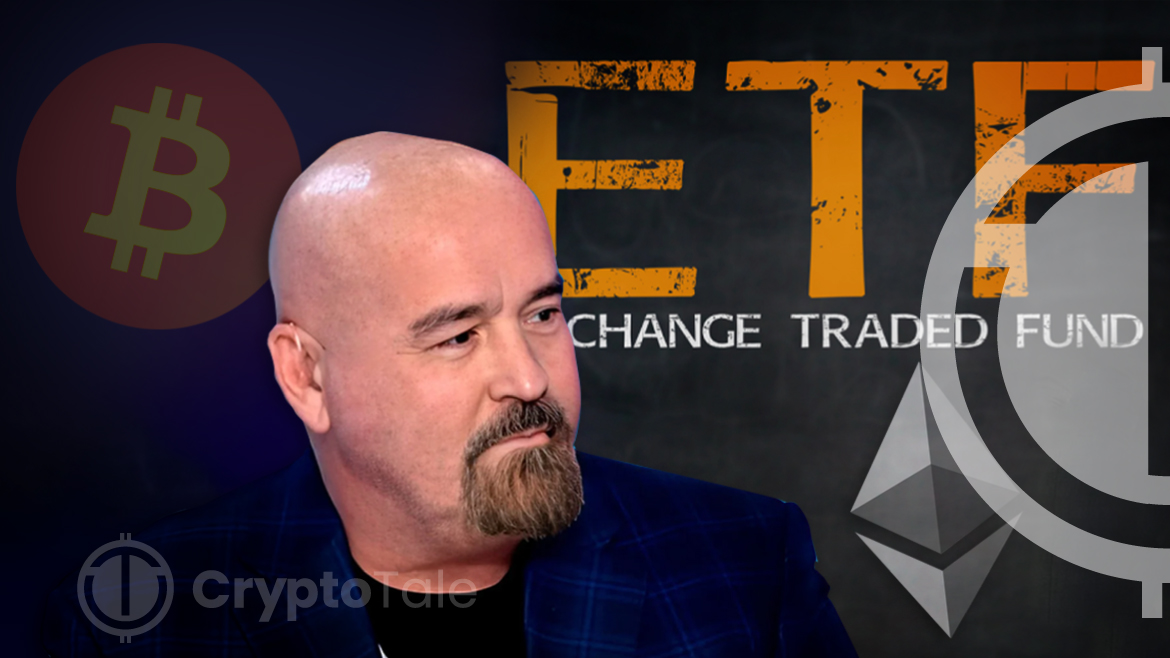- John E. Deaton presents a strong case for the non-security status of Bitcoin, Ethereum, and XRP, backed by recent SEC approvals and legal rulings.
- Treasury Secretary Janet L. Yellen calls for comprehensive legislation to regulate cryptocurrencies and address associated risks, including those posed by AI.
- The European Securities and Markets Authority advances towards stricter crypto regulation with the release of consultation papers under the MiCA regulation.
Following recent developments in the cryptocurrency regulatory landscape, John E. Deaton, a lawyer supportive of XRP, has put forward a comprehensive argument in favor of Bitcoin (BTC), Ethereum (ETH), and XRP. This comes against the backdrop of Treasury Secretary Janet L. Yellen’s advocacy for enhanced crypto legislation, highlighted during a session before the Committee on Financial Services of the U.S. House of Representatives.
Deaton emphasized the Securities and Exchange Commission’s (SEC) approval of spot Bitcoin ETFs as a clear indicator of Bitcoin’s regulatory acceptance. He also highlighted similar regulatory progress for Ethereum, pointing out the SEC’s approval of Ethereum futures ETFs and the application by BlackRock for a spot Ethereum ETF.
According to Deaton, these developments significantly diminish the uncertainty around Ethereum’s classification as a security, even in the face of SEC Chair Gary Gensler’s reluctance to declare Ethereum a non-security outright. As such, Deaton asserted that Ethereum’s status is a “forgone conclusion,” cementing his stance that ETH is not a security.
Furthermore, Deaton pointed to a ruling by Judge Analisa Torres, which clarified that XRP, when sold to retail investors, does not qualify as a security. This legal distinction, as Deaton noted, effectively positions XRP alongside BTC and ETH in a more defined regulatory framework, offering clarity to investors and the broader crypto market.
The conversation around cryptocurrency regulation has intensified with Yellen’s recent comments on the need for legislative action to address the volatility and risks associated with cryptocurrencies and Artificial Intelligence (AI). Yellen urged Congress to enforce existing regulations more rigorously and to introduce new laws aimed at regulating stablecoins and the spot market for crypto-assets not classified as securities.
This push for regulation is not isolated to the United States. Globally, regulatory bodies are striving to establish frameworks that can accommodate the burgeoning crypto market. The European Securities and Markets Authority (ESMA) has made strides in this direction by releasing two consultation papers under the Markets in Crypto-Assets (MiCA) regulation, seeking public feedback on standards and guidelines. This initiative indicates a move towards stricter regulation of foreign crypto firms, highlighting a concerted effort to ensure a secure and regulated digital asset environment.






